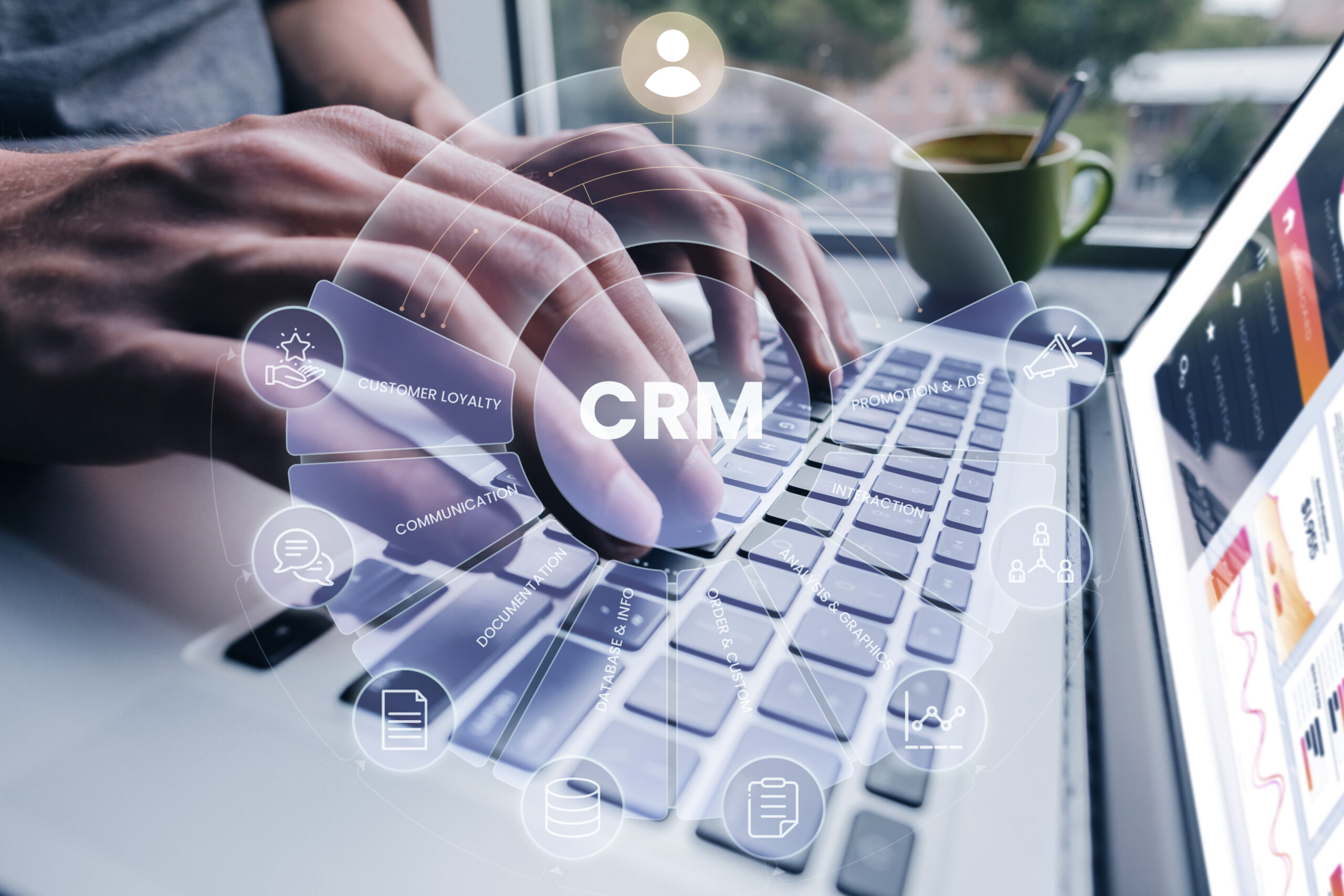Customer Relationship Management, often abbreviated as CRM, is a vital concept in the realm of software and business operations. CRM systems have evolved over the years to become indispensable tools for organizations of all sizes, aiming to manage their interactions and relationships with customers and potential clients more effectively. In this article, we’ll delve into what CRM stands for in software, its significance, types, features, and more.
What Does CRM Stand For?
CRM stands for Customer Relationship Management. At its core, CRM is a set of strategies, practices, and technologies used to manage and analyze customer interactions and data throughout the customer lifecycle. The primary goal of CRM software is to enhance and improve the relationships an organization has with its customers, ultimately leading to increased customer satisfaction and loyalty.
The Importance of CRM in Software
CRM software plays a pivotal role in modern businesses, enabling them to streamline their operations, increase efficiency, and boost revenue. It allows companies to consolidate customer data from various sources, including sales, marketing, and customer support, in a centralized database, providing a 360-degree view of each customer. This holistic approach enables organizations to better understand their customers and deliver personalized services, which is crucial in today’s competitive business landscape.
Types of CRM Systems
Operational CRM
Operational CRM focuses on automating and improving customer-facing processes. It includes sales automation, marketing automation, and service automation, all aimed at optimizing the day-to-day interactions with customers.
Analytical CRM
Analytical CRM involves analyzing customer data to gain valuable insights. It helps businesses make informed decisions, target specific customer segments, and develop effective marketing strategies.
Collaborative CRM
Collaborative CRM focuses on facilitating communication and collaboration among different teams within an organization to provide a unified approach to customer interactions.
Key Features of CRM Software
Contact Management
CRM software offers advanced contact management features that allow businesses to store detailed customer profiles, including contact information, purchase history, and preferences.
Sales Automation
Sales automation features streamline the sales process, helping sales teams manage leads, track sales opportunities, and forecast revenue more effectively.
Customer Support
CRM software provides tools for customer support and service teams to manage inquiries, resolve issues, and ensure excellent customer service.
Benefits of Implementing CRM Software
Implementing CRM software can yield a range of benefits, including improved customer relationships, increased sales, enhanced data security, and better team collaboration. CRM systems empower organizations to tailor their services and marketing efforts to individual customer needs.
How CRM Enhances Customer Relationships
CRM enhances customer relationships by providing a complete view of customer interactions. This enables businesses to offer personalized solutions, quick issue resolution, and timely follow-ups, all of which foster stronger connections with customers.
CRM vs. ERP
Key Differences
CRM and Enterprise Resource Planning (ERP) systems are both crucial for business operations, but they serve different purposes. While CRM focuses on managing customer interactions, ERP primarily deals with the internal processes and resource management within an organization.
Selecting the Right CRM for Your Business
Choosing the right CRM system is essential for success. Factors like scalability, industry-specific features, integration capabilities, and budget should be considered when selecting the ideal CRM software for your organization.
Implementing CRM Successfully
Successful CRM implementation requires careful planning, employee training, and a commitment to change. Without proper implementation, the full potential of CRM software may not be realized.
Common Challenges in CRM Implementation
Challenges such as data migration, resistance to change, and inadequate training can hinder CRM implementation. Understanding these challenges is the first step in overcoming them.
Future Trends in CRM Software
The future of CRM software is bright, with trends like AI and machine learning integration, omnichannel communication, and enhanced data security promising to shape the CRM landscape in the coming years.
Case Studies: CRM Success Stories
Explore real-world examples of businesses that have successfully implemented CRM software to improve customer relationships and drive growth.
Measuring CRM ROI
Measuring the Return on Investment (ROI) of your CRM system is essential. It involves tracking key performance indicators (KPIs) to assess the effectiveness of your CRM software and its impact on your business.
Conclusion
In conclusion, CRM stands for Customer Relationship Management in software, and it is an indispensable tool for modern businesses. It enhances customer relationships, streamlines operations, and boosts revenue. Selecting the right CRM, successful implementation, and keeping an eye on future trends are key to leveraging the full potential of CRM software.
Unique FAQs
1. What industries can benefit the most from CRM software? CRM software is versatile and can benefit a wide range of industries, including retail, finance, healthcare, and e-commerce. Any business that values customer relationships can benefit from CRM.
2. Are there free CRM options available for small businesses? Yes, there are free or cost-effective CRM solutions available for small businesses. These solutions often provide essential features to get started with customer relationship management.
3. How does CRM software help in marketing campaigns? CRM software helps in marketing by providing data-driven insights, segmenting customers for targeted campaigns, and tracking campaign performance.
4. What is the typical timeframe for CRM software implementation in a company? The timeframe for CRM implementation can vary depending on the size and complexity of the organization. It can take several months to a year or more for full implementation.
5. What are the key security measures for protecting CRM data? Protecting CRM data requires encryption, access controls, regular security audits, and employee training. It’s crucial to ensure the security and privacy of customer information.

